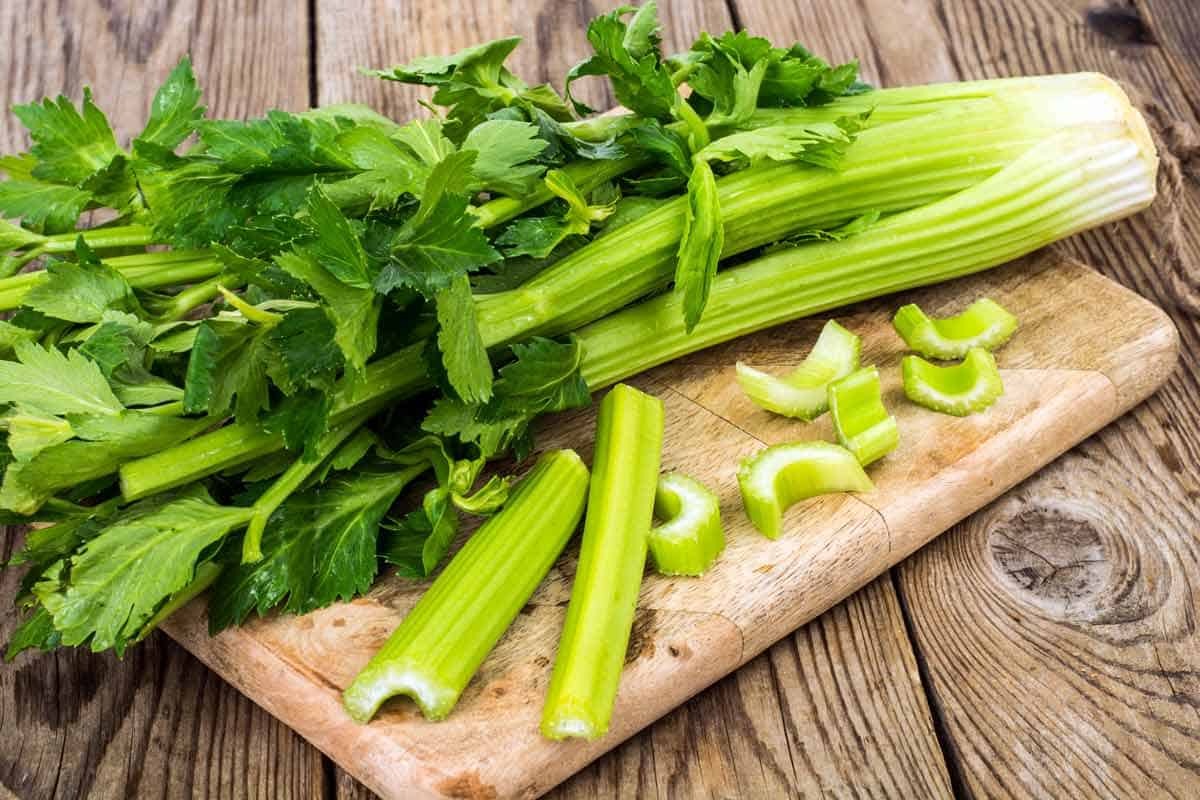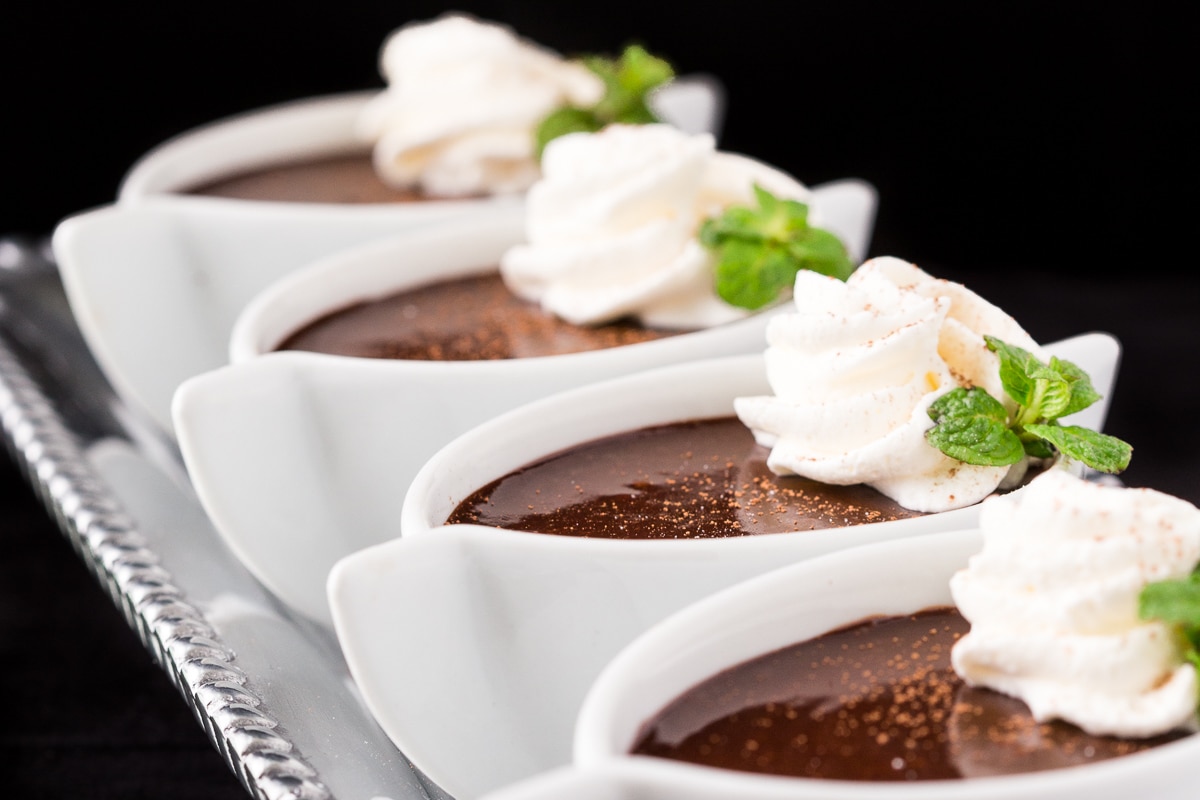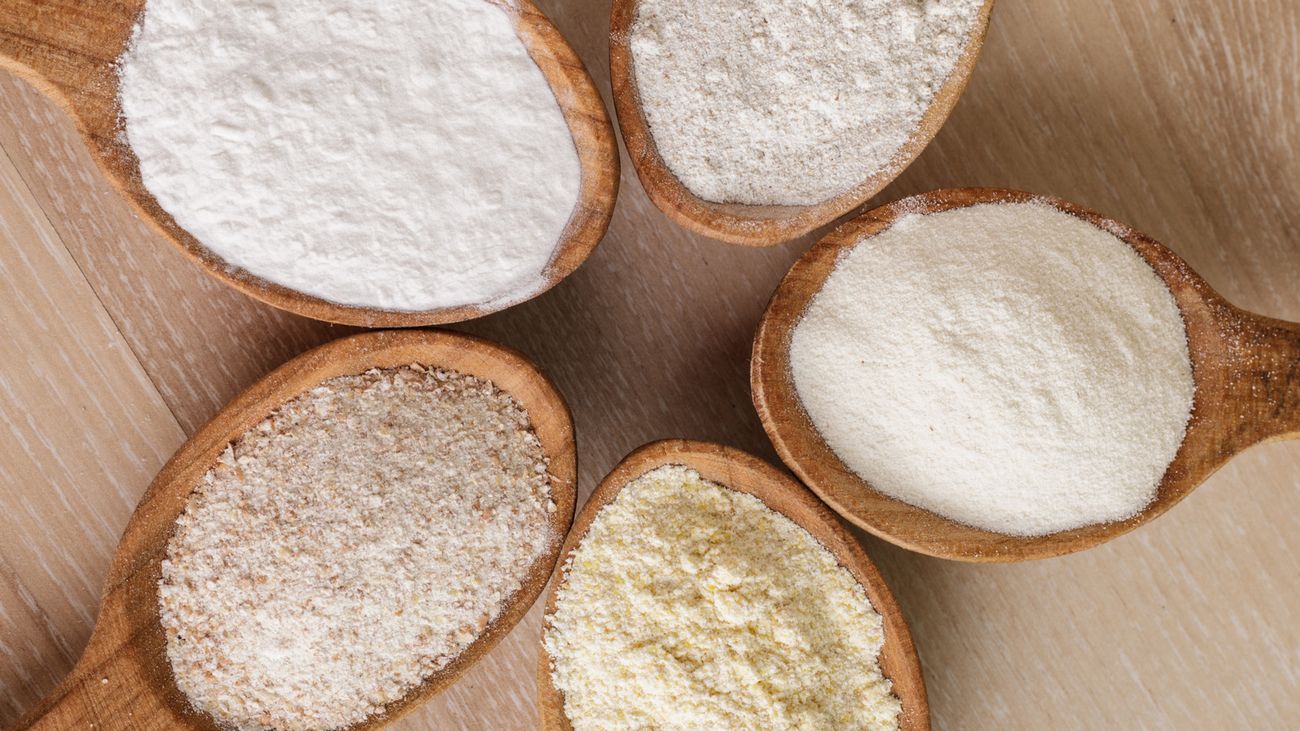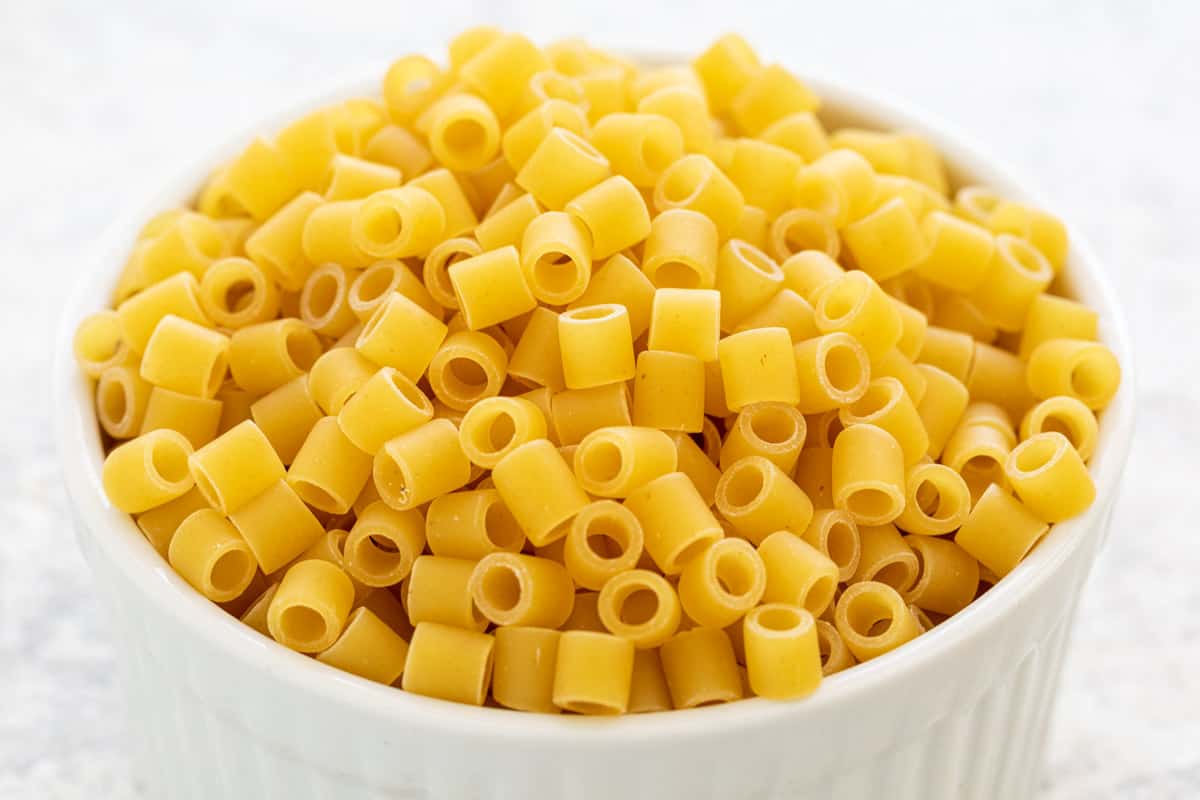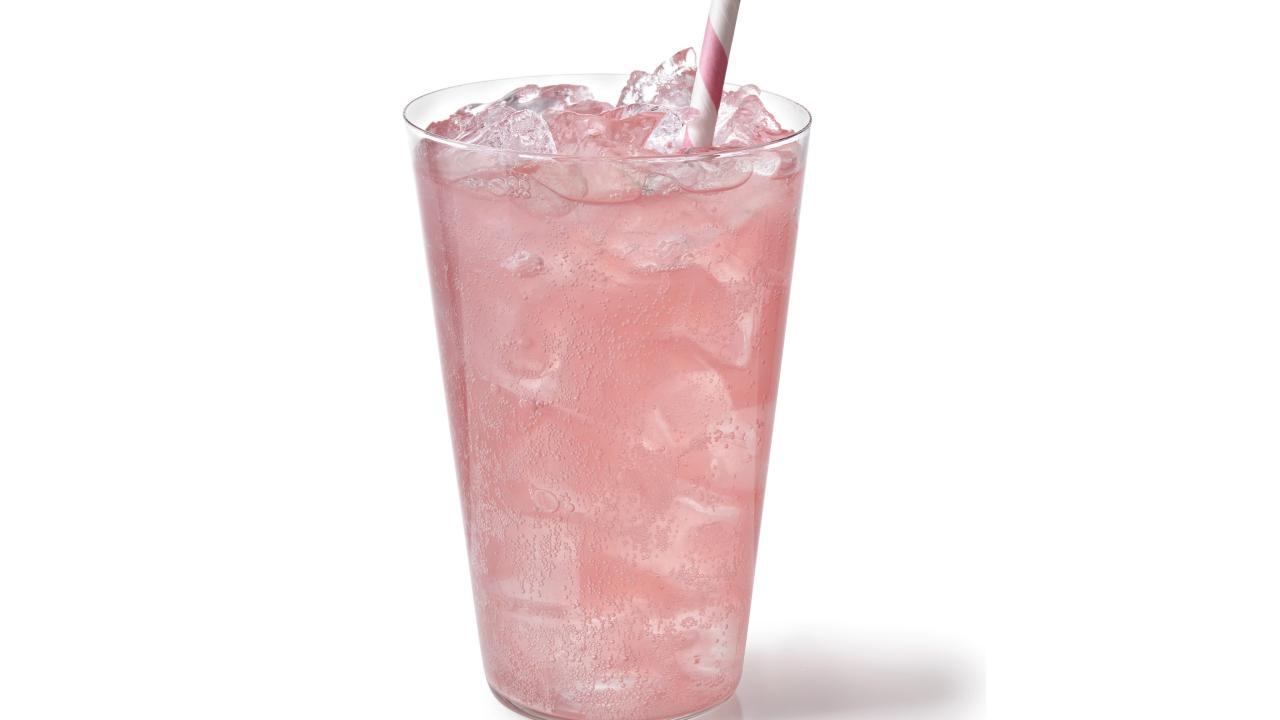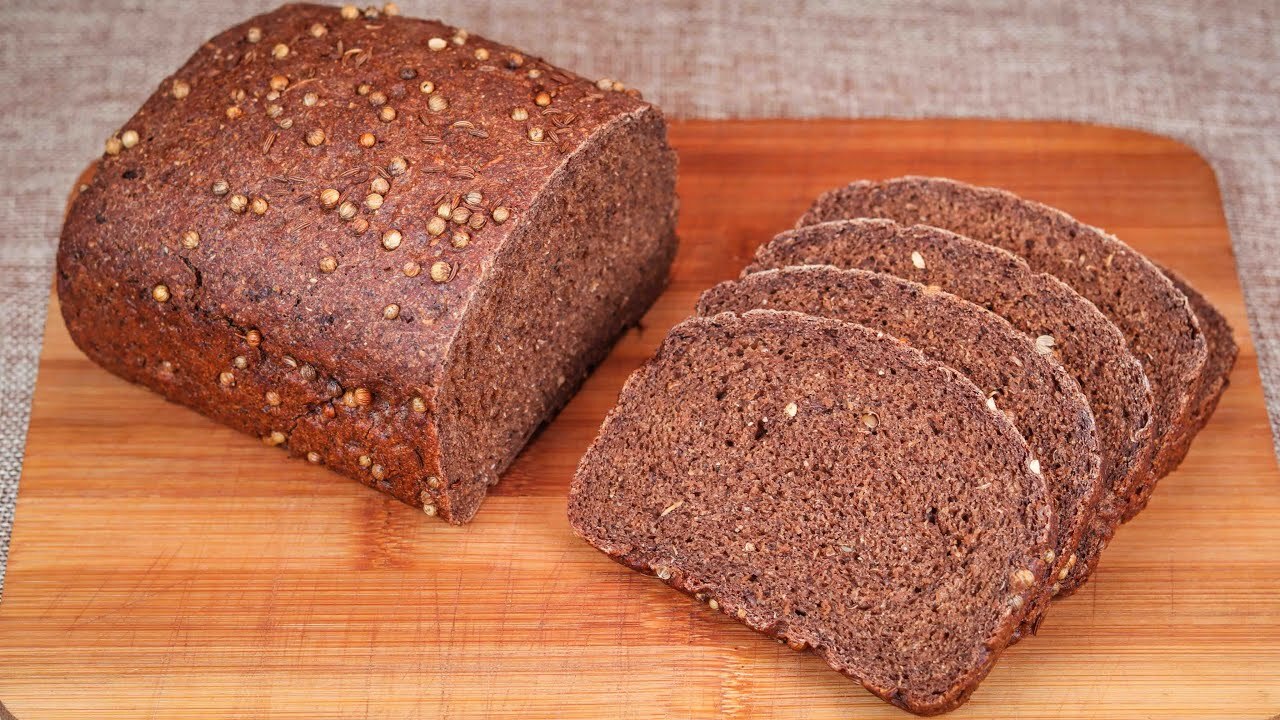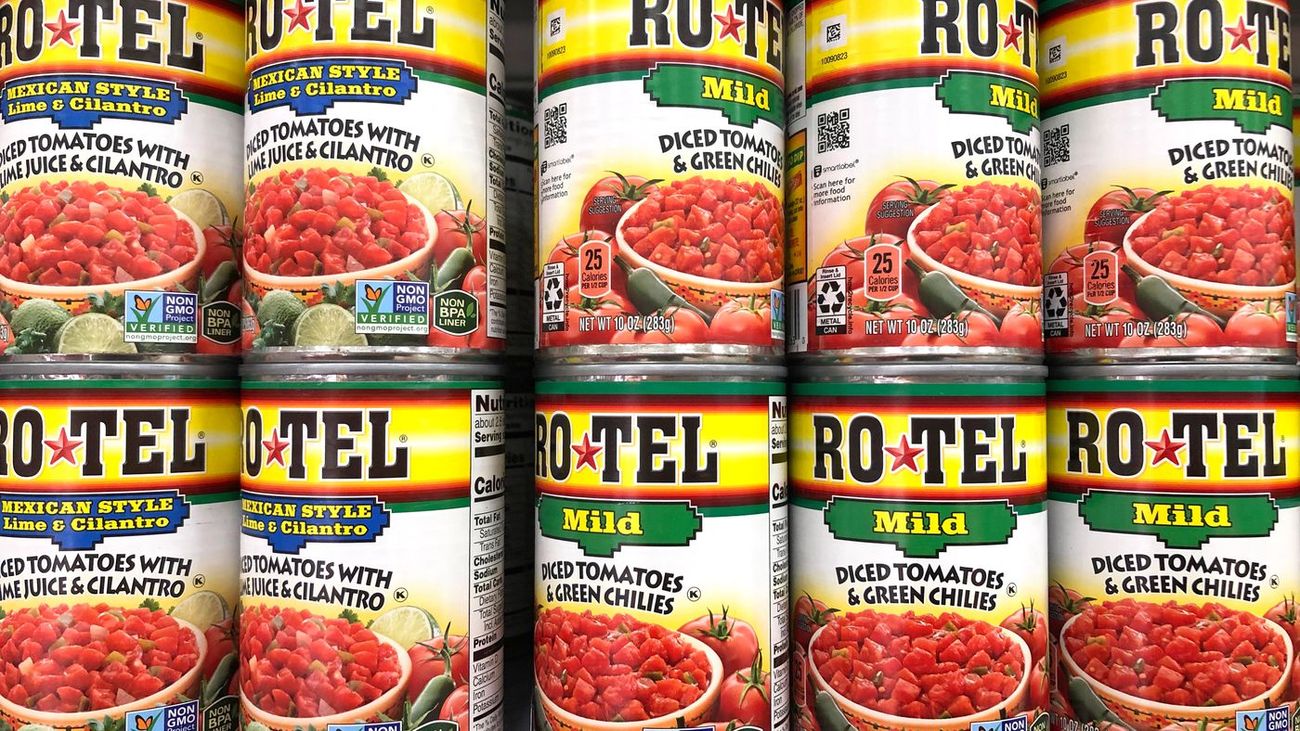The Difference Between Yellow and White Onions
Onions are a staple ingredient in many dishes, adding flavor and aroma to a wide variety of recipes. While there are several different types of onions, two of the most commonly used varieties are yellow onions and white onions. Despite their similar appearance, there are some key differences between the two that can impact the flavor and texture of your dishes.
Appearance
One of the most noticeable differences between yellow and white onions is their appearance. Yellow onions have a golden-brown papery skin and a white flesh, while white onions have a lighter, whitish papery skin and a translucent white flesh. The outer layers of yellow onions are typically thicker and more papery compared to the thinner, smoother skin of white onions.
Flavor Profile
When it comes to flavor, yellow onions are known for their bold, pungent taste. They contain a higher amount of sulfur compounds, which gives them a stronger and more complex flavor profile. On the other hand, white onions have a milder and slightly sweeter taste, making them a popular choice for dishes where a more subtle onion flavor is desired.
Best Uses
Both yellow and white onions can be used in a variety of dishes, but their flavor profiles make them better suited for different types of recipes. Yellow onions are ideal for caramelizing, sautéing, and adding depth of flavor to soups, stews, and sauces. Their robust flavor holds up well during cooking, making them a versatile choice for savory dishes.
White onions, with their milder flavor, are often preferred for fresh salsas, salads, and other raw preparations where a gentler onion taste is desired. They can also be used in cooked dishes where you want the onion flavor to be more subtle and not overpower the other ingredients.
Storage and Shelf Life
When it comes to storage, both yellow and white onions should be kept in a cool, dry place with good air circulation. However, yellow onions tend to have a longer shelf life compared to white onions. The thicker skin of yellow onions helps protect them from moisture loss and decay, allowing them to be stored for a longer period of time.
Conclusion
While yellow and white onions may look similar on the outside, their differences in flavor, texture, and best uses make them unique in their own right. Whether you’re cooking up a hearty stew or preparing a fresh salad, understanding the distinctions between these two popular onion varieties can help you choose the best option for your culinary creations.
Next time you’re in the kitchen, consider reaching for a yellow onion for that rich, robust flavor, or opt for a white onion when you want a more delicate and subtle onion taste. Experimenting with different types of onions can add depth and complexity to your cooking, allowing you to elevate the flavors of your favorite dishes.
Was this page helpful?
Read Next: What Is Sweet And Pungent Sauce?
